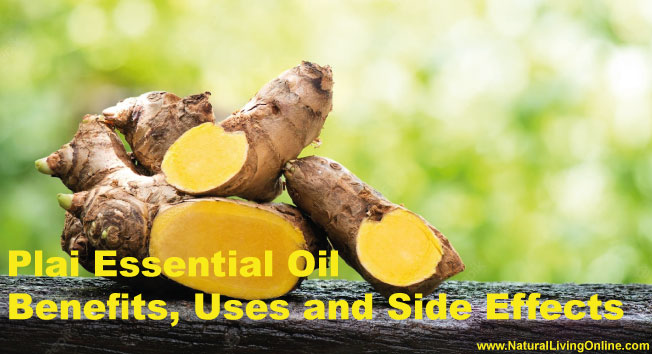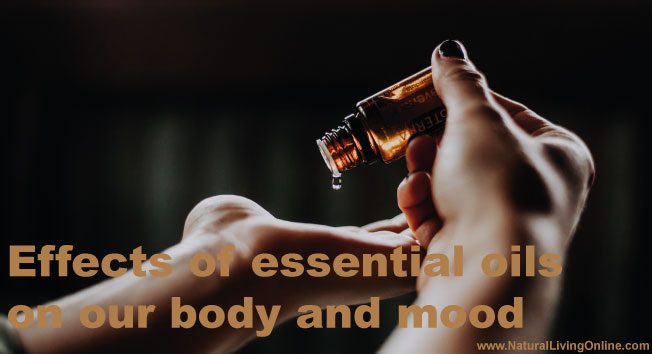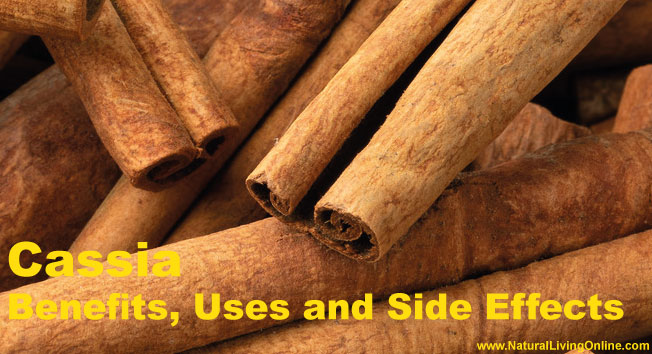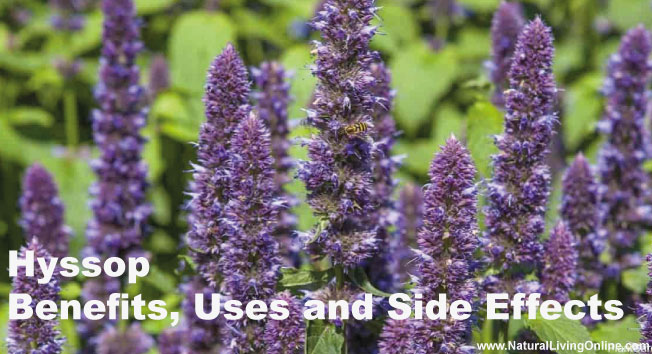Coriander essential oil is derived from the coriander plant, which is native to the Mediterranean region. The coriander plant has been used for centuries in traditional medicine to treat a variety of ailments.
What is Coriander?
Coriander (Coriandrum sativum) is an annual herb in the parsley family. It is also known as cilantro, Chinese parsley or dhania. The plant grows to about 50 cm (20 inches) tall and has green, feathery leaves and white or pale pink flowers.
The seeds of the coriander plant are used to make coriander essential oil. The oil is pale yellow or green in color and has a strong, citrusy aroma.
Different types of Coriander:
Cilantro and Coriander is the same plant. In US the term “coriander” refers to the plant’s seeds, while “cilantro” is used to describe the leaves and stems.
How Coriander Essential Oil is made?
Coriander essential oil is made by steam distilling the seeds of the coriander plant.
What is the botanical name of Coriander?
The botanical name of coriander is Coriandrum sativum.
The chemical constituents of Coriander essential oil (Coriander Essential Oil Monograph):
Coriander essential oil is composed of many different chemical compounds. The most important ones are:
d-limonene (45-60%), linalool (15-30%), a-pinene (5-10%), geranial (3-8%), and neral (2-7%).
What are the benefits Coriander Essential Oil?
Coriander essential oil is believed to have a number of health benefits, including:
-Reducing inflammation
-Treating digestive issues
-Relieving pain
-Improving circulation
-Reducing anxiety and stress
-Boosting immunity
What are the side effects of Citronella essential oil?
Coriander essential oil is generally considered safe. However, it can cause skin irritation in some people. It should be diluted with a carrier oil before use. If you are pregnant or breastfeeding, avoid using coriander essential oil.
What are ways to use Coriander Essential Oil?
-Aromatherapy: Inhaling coriander essential oil is thought to promote relaxation and relieve stress. The oil can be diffused in an essential oil diffuser or added to a warm bath.
-Massage: Coriander essential oil can be diluted with a carrier oil and used for massage.
-Topical application: Coriander essential oil can be diluted with a carrier oil and applied to the skin. It is thought to improve circulation and relieve pain.
Coriander essential oil should not be used by:
-Pregnant women
-Breastfeeding women
-People with sensitive skin
Coriander essential oil is a potent oil and should be diluted before use. It can cause skin irritation in some people. If you are pregnant or breastfeeding, avoid using coriander essential oil.
How can I use Coriander Essential Oil internally?
Coriander essential oil like any other essential oil should not be used internally without the permission and supervision of a doctor.
How can I use Coriander Essential Oil topically?
Coriander essential oil can be used topically after it is diluted with a carrier oil. To use coriander essential oil topically,
-Add 2-3 drops of coriander essential oil to 1 tablespoon of carrier oil.
-Apply the mixture to the desired area and massage it in.
-Repeat as needed.
How Coriander Essential Oil helps in aromatherapy?
Coriander essential oil has a fresh, citrusy aroma that is thought to promote relaxation and relieve stress. The oil can be diffused in an essential oil diffuser or added to a warm bath.
Great Essential Oil diffuser blends for aromatherapy with Coriander Essential Oil:
-Coriander and Lavender: This blend is thought to be calming and relaxing.
-Coriander and Rosemary: This blend is thought to boost mental clarity and concentration.
-Coriander and Peppermint: This blend is refreshing and invigorating.
-Coriander and Lemon: This blend is refreshing and uplifting.
-Coriander and Basil: This blend is thought to be calming and relaxing.
-Coriander and Ginger: This blend is thought to be energizing and invigorating.
-Coriander and Cinnamon: This blend is warming and comforting.
How can I use Coriander Essential Oil in bath?
Coriander essential oil can be added to a warm bath. The recommended amount is 2-3 drops of coriander essential oil per 1 gallon of water.
How Coriander has been used historically as a natural medicine?
Ancient cultures the Egyptians, Greeks, and Romans have used Coriander as a natural medicine for a variety of conditions, including:
-Digestive issues
-Inflammation
-Pain relief
-Anxiety and stress
What blends well with Coriander Essential Oil?
Coriander essential oil blends well with Lavender, Rosemary, Peppermint, Lemon, Basil, Ginger, Cinnamon
What does not blend well with Coriander Essential Oil?
Coriander essential oil does not blend well with:
Fennel, Anise, Caraway
What does Coriander Essential Oil smell like?
Coriander essential oil has a fresh, citrusy aroma.
Can I make Coriander Essential Oil at home?
No, Coriander essential oil cannot be made at home. It can only be extracted from the coriander plant through a distillation process.
What is the shelf life of Coriander Essential Oil?
If stored properly, Coriander essential oil has a shelf life of 2-3 years.
Is Coriander Essential Oil safe for kids?
Coriander essential oil should not be used on children under the age of 10. If you are pregnant or breastfeeding, avoid using coriander essential oil.
Can Coriander Essential Oil be used on pets?
Coriander essential oil should not be used on pets.
DIY recipes using Coriander Essential Oil:
Coriander and Lavender Bath Bomb Recipe:
-1 cup baking soda
-1/2 cup citric acid
-1/2 cup Epsom salt
-1 tablespoon coriander essential oil
-1 tablespoon lavender essential oil
-1 tablespoon of water
Directions:
-In a large bowl, mix together the baking soda, citric acid, and Epsom salt.
-In a small bowl, whisk together the coriander and lavender essential oils with the water.
-Pour the wet ingredients into the dry ingredients and mix until everything is evenly combined.
-Pack the mixture into silicone molds and let them harden for 24 hours.
-Store the bath bombs in an airtight container.
Coriander and Lemon Hand Soap Recipe:
-1 cup liquid castile soap
-1/4 cup water
-1 tablespoon carrier oil
-1 teaspoon vitamin E oil
-10 drops coriander essential oil
-10 drops lemon essential oil
Directions:
-In a liquid soap dispenser, combine the castile soap, water, carrier oil, vitamin E oil, coriander essential oil, and lemon essential oil.
-Shake well to mix everything together.
-To use, pump a small amount of soap onto your hands and wash as usual.
Coriander and Peppermint Body Scrub Recipe:
-1/2 cup sugar
-1/4 cup olive oil or coconut oil
-10 drops coriander essential oil
-10 drops peppermint essential oil
Directions:
-In a medium bowl, mix together the sugar, olive oil or coconut oil, coriander essential oil, and peppermint essential oil.
-Store the scrub in a jar with a tight-fitting lid.
-To use, scoop out a small amount of scrub and massage it onto your wet skin in circular motions. Rinse off with warm water.
Coriander and Basil Room Spray Recipe:
-1 cup distilled water
-1/4 cup vodka or witch hazel
-10 drops coriander essential oil
-10 drops basil essential oil
Directions:
-In a small bowl, mix together the distilled water, vodka or witch hazel, coriander essential oil, and basil essential oil.
-Pour the mixture into a spray bottle.
-To use, shake the bottle well and spray the mist into the air as desired.
Coriander and Ginger Diffuser Blend Recipe:
-3 drops coriander essential oil
-2 drops ginger essential oil
-1 drop lemon essential oil
Directions:
-Add all of the essential oils to your diffuser and enjoy!
This website does not provide medical advice.
All information provided on this website, and on associated social media networks, including but not limited to texts, images, and numbers are for general information purpose only. It is not intended as medical advice and it does not include all possible precautions, side effects, or interactions that may occur. Neither NaturalLivingOnline.com nor its author/founder take responsibility for how you use this information. Statements contained on NaturalLivingOnline.com have not been evaluated by the FDA. You should conduct thorough research via multiple sources and consult your physician or qualified doctor before using any essential oil or herbal remedy. Information on NaturalLivingOnline.com must not be relied upon for medical, legal, financial or other decisions.













